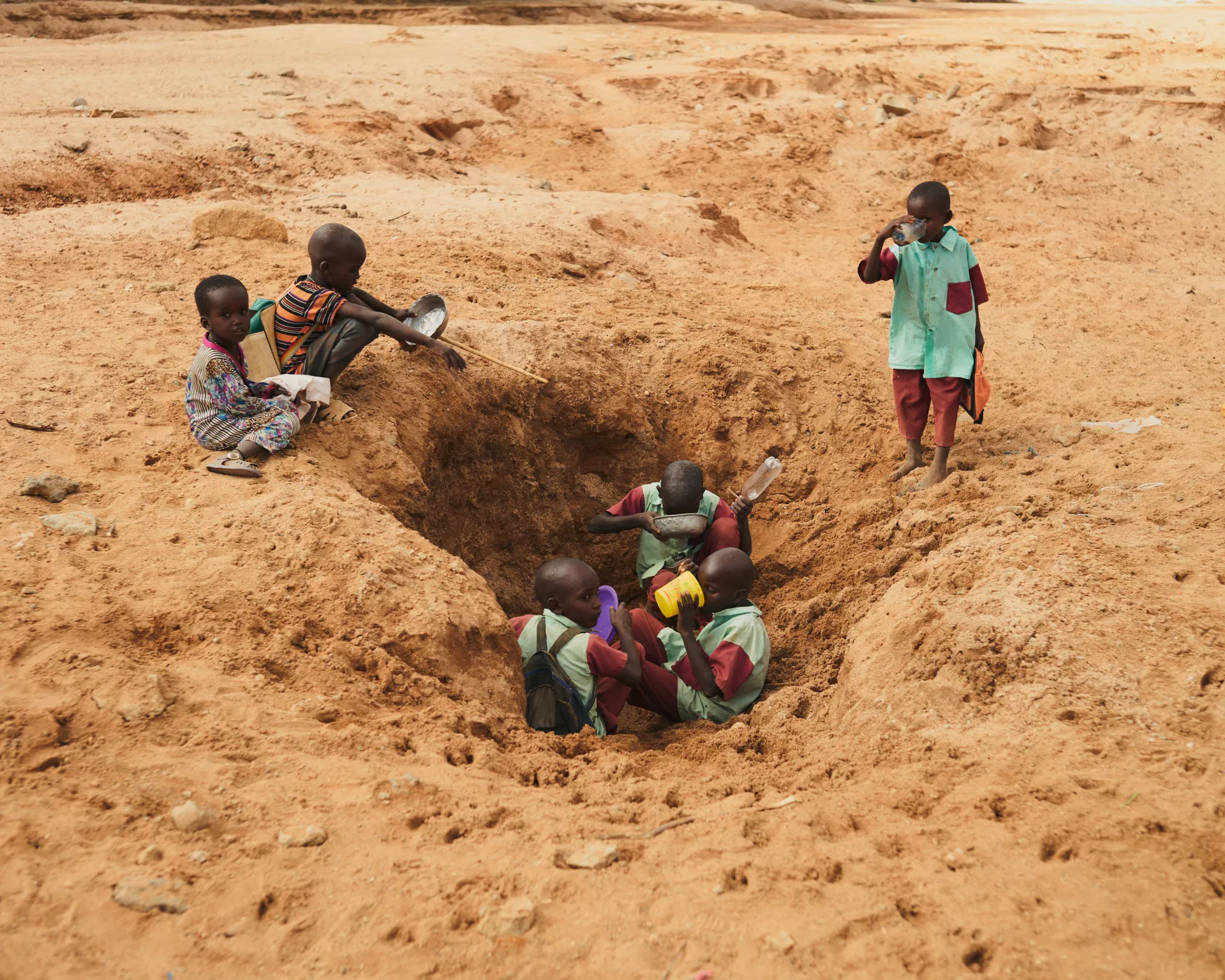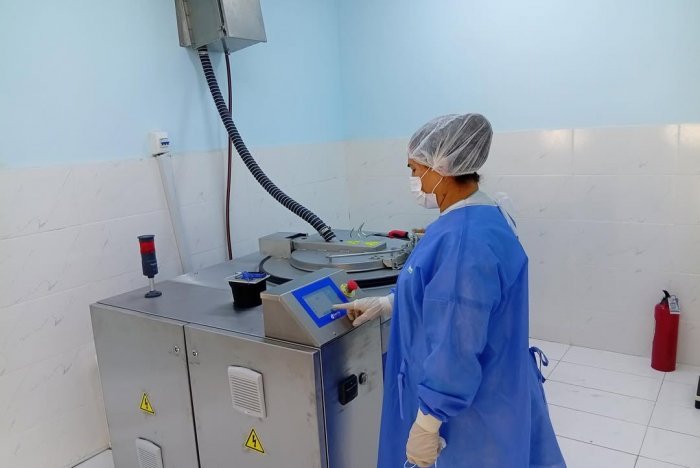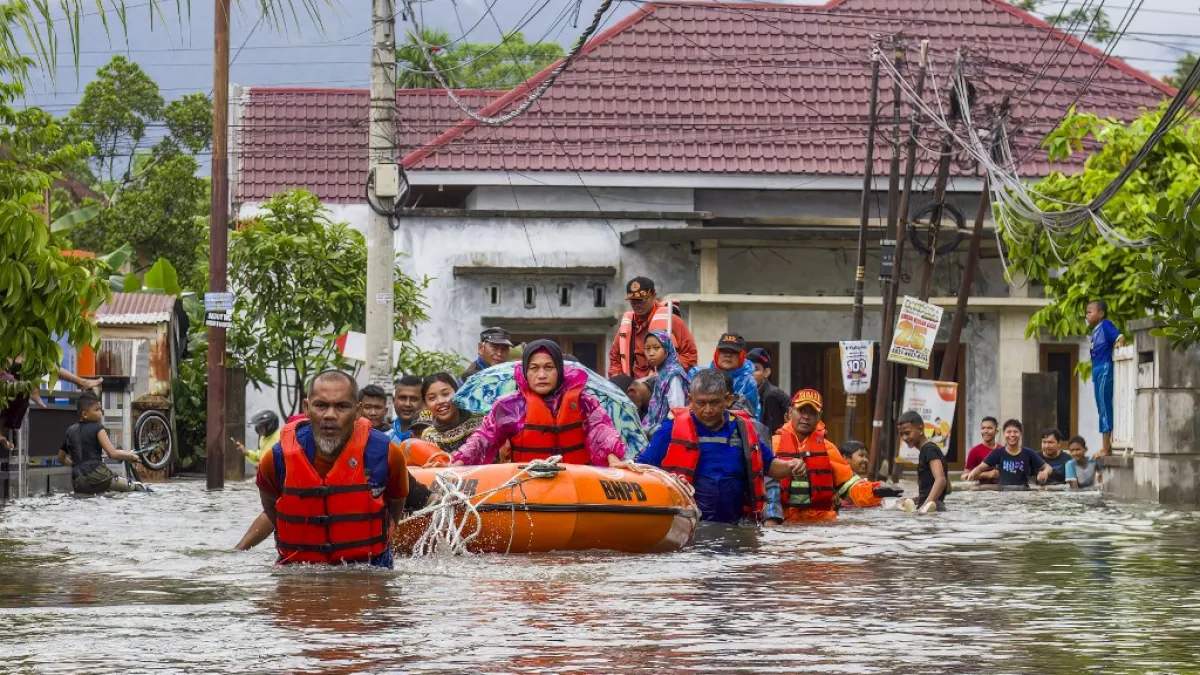Addis Ababa, October 01, 2024 — The Europe Today: Sub-Saharan Africa is disproportionately impacted by antimicrobial resistance (AMR) deaths, with a recent report from the Global Research on Antimicrobial Resistance (GRAM) Project forecasting that over six million deaths will be directly linked to AMR in the region between 2025 and 2050.
The World Health Organization (WHO) defines AMR as the resistance of bacteria, viruses, fungi, and parasites to antimicrobial medicines, rendering infections harder to treat and leading to an increased spread of disease, severe illness, and death.
“AMR is a global issue, but the highest burden falls on Sub-Saharan Africa and Southeast Asia,” Janet Midega, research lead at the Drug Resistant Infections for the Welcome Trust in London, told DW.
The escalating threat of AMR is a major concern for global health, with projections indicating that over 39 million people could die from antibiotic-resistant infections by 2050.
In response to this crisis, world leaders gathered during the UN General Assembly in late September for a high-level meeting on AMR. They discussed strategies to reduce AMR-related human deaths by 10% by 2030, committing to a list of global targets aimed at controlling the AMR crisis.
“Today’s political declaration underscores the global commitment to tackling AMR,” stated Dr. Hans Henri P. Kluge, WHO Regional Director for Europe. “With clear targets and collective action, we can reduce deaths and suffering, and strengthen investment in AMR control.”
AMR is recognized by the WHO as one of the top ten global health threats, directly responsible for 1.3 million deaths annually. A 2022 study published in The Lancet revealed that AMR-related deaths in 2019 surpassed those from HIV/AIDS or malaria, contributing to 1.2 million direct deaths and playing a role in nearly five million more.
As the world grapples with this growing challenge, efforts to control AMR will be critical to protecting future generations and global health systems.














